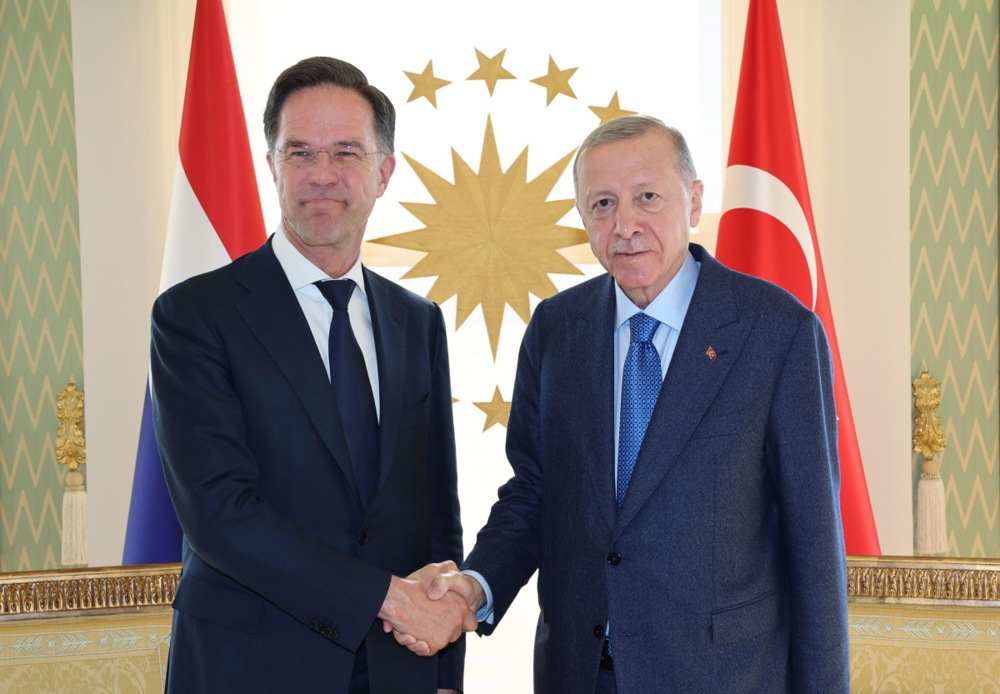With numbers of migrants from Africa to Spain more than doubling in the first half of August, Spain’s Prime Minister Pedro Sánchez announced a three-day visit to the continent, bowing to pleas from regional executives to “take two hours out of his holidays to help them.”
Tens of thousands are reaching Spain, with around 300,000 more sub-Saharan Africans currently waiting in Mauritania for improved sea conditions to attempt the crossing to the Canary Islands, according to Fernando Clavijo, governor of the Canary Islands.
Migration rose by 143 per cent in the Spanish autonomous cities of Ceuta and Melilla on the North African coast from a year before, and was up by 126 per cent in the Canary Islands, according to data from Spain’s interior ministry covering the August 1-15 period.
“Here in the Canary Islands, the situation is tense. So far this year, 11,000 people have already arrived,” local journalist Ximena Borrazás told Brussels Signal.
“In less than 24 hours, 295 people arrived on Hierro [in the Canaries], a very small island that does not have the resources to accommodate so many,” she said.
Fernando Clavijo, the Canary Islands’ Governor, had previously criticised Sánchez for not making time to discuss the surge with him, noting that the PM was on holiday in the islands.
“Come on, I find it hard to understand he would go on holiday to Lanzarote and we could not have that half hour or that hour to deal with these matters. But it is not up to me, I am available,” Clavijo told reporters on August 19.
On August 20, however, Sánchez said he would meet Clavijo on August 23, when he planned to visit La Palma.
Clavijo said Sánchez should amend the country’s Migrants Law to permit unaccompanied migrants to be moved from the Canary Islands to other parts of Spain.
He added that the islands now host around 5,700 unaccompanied minors and are running out of space to accommodate them, with another upsurge in arrivals expected in the coming months.
One centre for minors in Lanzarote failed an official inspection in May amid reports of infestations of ants and cockroaches.
If Sanchez was hoping for more encouraging news from Mauritania’s leaders about the 300,000 migrants waiting there to sail to Spain, he is likely to have been disappointed.
The PM will “most likely inject money to try to stem the flow of migrants,” Borrazás predicted.
Mohammed Lemine Khattary, a Mauritanian journalist, added: “The Mauritanian authorities want to convey the idea that some of the migration agreements signed in the past with Spain cannot be maintained under the current conditions.”
Mauritanian officials will “want to convey the message that the country is under enormous pressure, with the arrival of thousands of foreigners on its territory,” he explained.
Khattary said that Mauritania now looks likely to ask Spain to change a 2003 agreement that lets Madrid return immigrants from other countries who traversed through Mauritania to reach Spain.
The effect of any such change might be limited, though. At the moment, the majority of migrants arriving through Mauritania come from Mali, and so cannot be returned.
Spain also wants to expand agreements under which its Policía Nacional and Guardia Civil forces patrol coastlines and seas alongside their Mauritanian counterparts and increase the number of these joint efforts.
Mauritania, though, wants to slow this down and for each operation to be led by one of its local liaison groups.
Migrant arrivals to the Canary Islands reached 22,304 from the start of 2024 to August 15. This was up from only 9,864 in the same period in 2023.
Mauritania became the main source of wooden boats reaching the Canary Islands in late 2023, a trend analysts said would increase in the next several months as seawaters calm.
Seven out of ten irregular migrants reaching Spain do so through the Canary Islands, with 50 per cent of those setting sail from the Mauritanian coast, according to official records.
In a report, Spain’s Civil Guard also predicted that there will be “a significant upturn” in irregular migration to the Canary Islands shortly.
“The weather and maritime conditions for sailing to the Canary Islands will begin to improve significantly from the second half of August,” it said.





